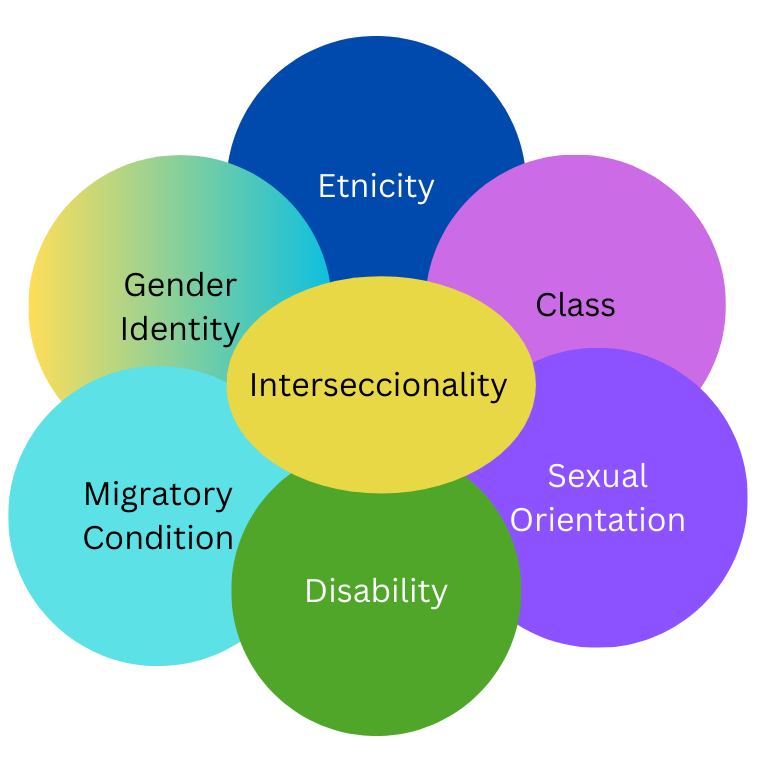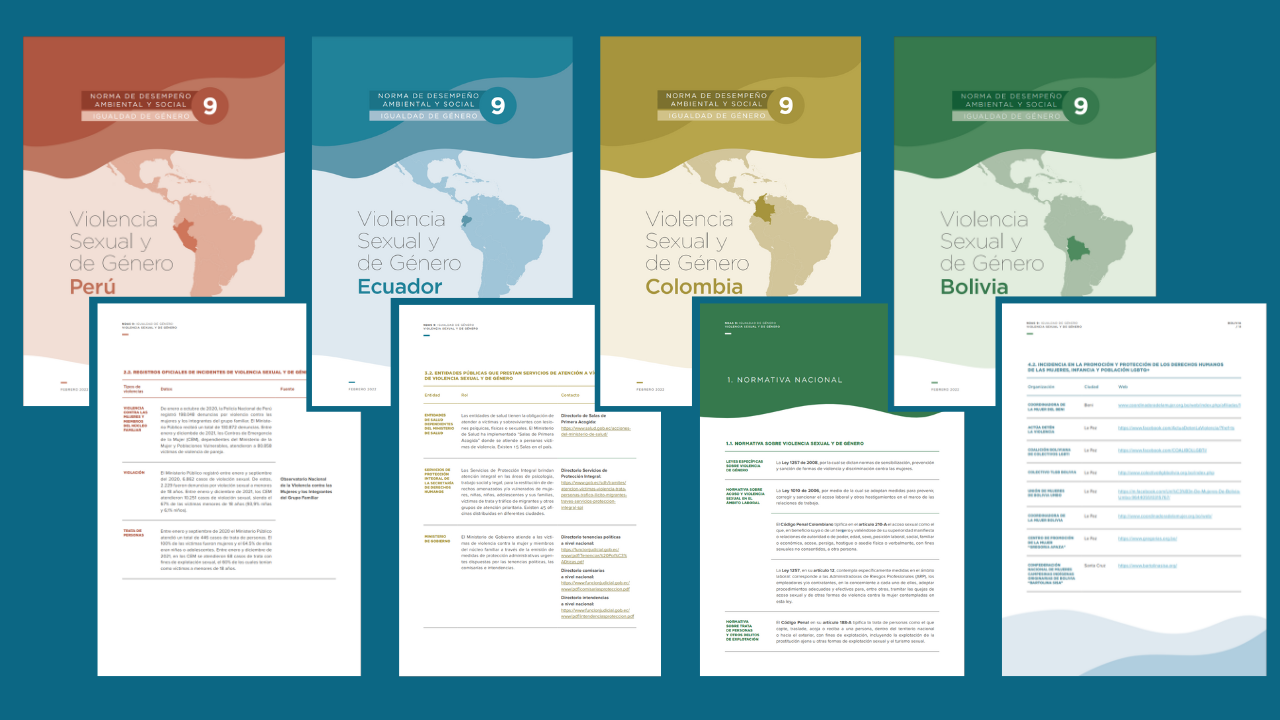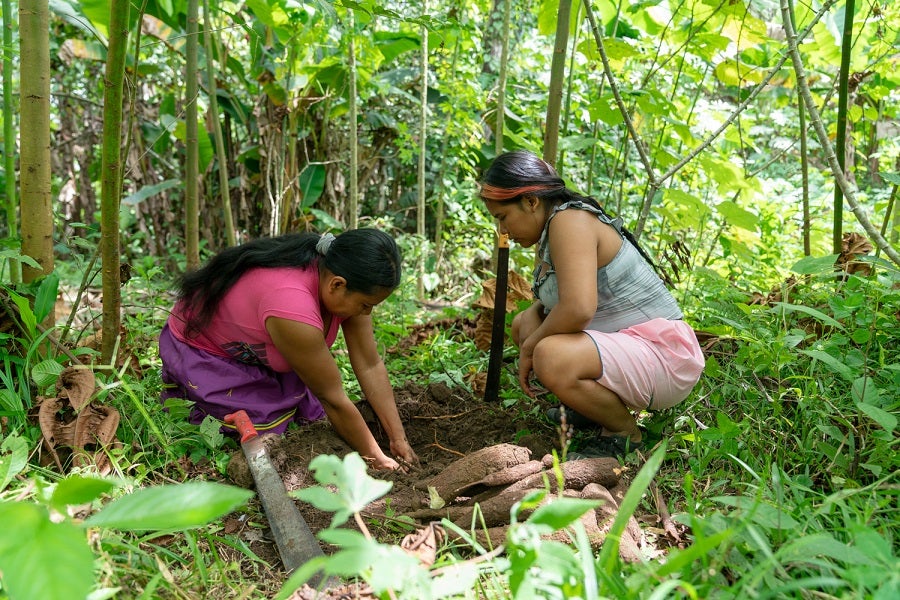A historic date like March 8, 1908, commemorates the thousands of female textile workers who marched the streets of New York to demand a dignified life, including the fight against child labor, under the slogan “Bread and Roses.” The tragic fire at the Triangle Shirtwaist Factory in the same city tragically claimed the lives of hundreds of marginalized women, many of them immigrant workers, all in precarious conditions, lacking rights and safety in their work. One example, regarding workplace safety and health, is that one evacuation door was closed to prevent workers from taking breaks.
Keeping these unfortunate events within the gaps that continue to affect women daily provides us with an opportunity to recognize the historical contributions of women and their communities towards equality. The gaps persist and intersect with other disadvantages such as socioeconomic status, migration, disability, ethnic background, and sexual orientation.

We know that these gender gaps exist in different labor sectors, both as lack of access and as barriers to equitable participation. These gender gaps manifest in discriminatory practices in hiring processes, which in turn can result in limited access to employment in those sectors. These gaps disproportionately and differentially affect women and other marginalized groups based on their gender, hindering the full attainment of equality. This situation also impacts the quality of life and well-being of women and their surroundings.
Identifying and analyzing the risk of sexual and gender-based violence in projects, adopting measures to prevent it, and, in case of violence, responding promptly and effectively, are the foundations of the Environmental and Social Policy Framework of the Inter-American Development Bank, in its Performance Standard 9 on Gender Equality (ESPS9).
This Framework, alongside its Standard 9 and its respective guidelines, allows for the identification and mitigation of impacts and risks related to gender-based violence. These tools and guidelines encompass considerations around the nature of proposed mitigation measures and technologies, governance structures and legislation, as well as factors related to stability, conflict, or security situations, in accordance with the cultural context of each country in areas such as health, education, energy, housing, transportation, or water and sanitation.
Country briefs with a gender-focused approach
To facilitate the analysis and addressing of gender-based violence, we share four country briefs from the Andean region (Bolivia, Colombia, Ecuador, and Perú). These briefs contain easily accessible information on gender-based violence to facilitate socio-environmental analysis and the identification of gender risks. The data is updated as contexts and figures change. Although currently we have these four briefs from the Andean Community region available in Spanish, we aim to expand them to all countries in the region, so they can be consulted in project preparation.

The briefs contain the following data:
- Identification of the main organizations and networks of organizations that work in gender-based violence prevention and response organized by categories (political advocacy, awareness and education, survivor assistance, etc.).
- Comprehensive care plan for survivors of gender-based violence, at the national and local levels.
- Analysis of the effectiveness of comprehensive care plans and its main challenges.
- National regulations on sexual and gender-based violence.
- Figures on the prevalence of gender-based violence in the country, official records of cases, and data on social tolerance of such violence.
- Public entities mandated to design and implement policies for the prevention and eradication of gender-based violence and public entities provide victim assistance services.
These resources go hand in hand with government initiatives for the prevention and promotion of women’s rights, facilitating specific actions towards equality.
Promoting women’s participation in decision-making is crucial and translates into benefits for projects not only in terms of equality but also in increasing the positive impact of the projects themselves. When women’s perspectives and needs are carefully considered and translated into action, our communities thrive and flourish.
*The briefs were developed by Julia Míguez and María Amelia Viteri, Senior Social Specialists (VPG/ESG/BID), in conjunction with expert consultants Rocío Rosero Garcés and Ariadna Reyes Ávila.


Leave a Reply